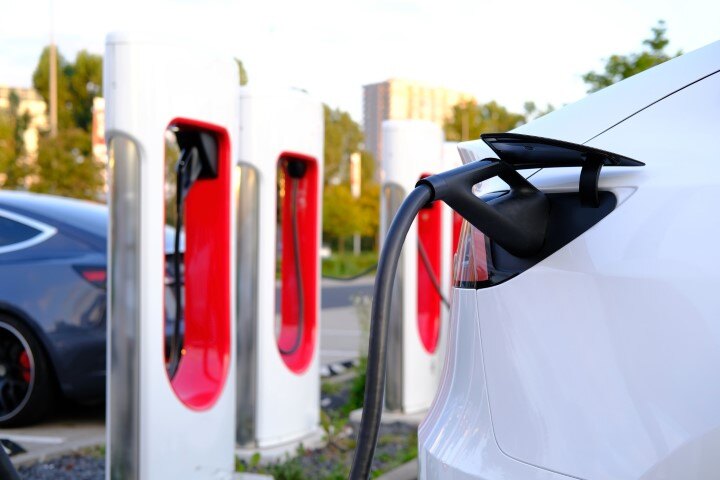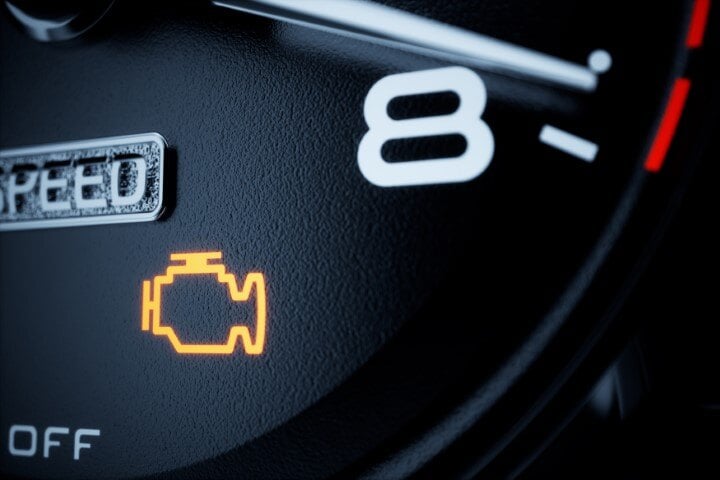Think you can buy a car without going to a dealer? Think again
That's what the state of North Carolina is telling people who want to buy a Tesla all-electric car, which recently got a near-perfect rating from...
The iPhone may have become the phone that’s synonymous with the public’s image of a smart phone, but Google actually has a larger slice of the phone market than Apple does. Much, much larger.
![]() Together, they have 96% of the worldwide market (sorry, Microsoft Windows phone). But I bet it would surprise a lot of American consumers to know that, if you look at the worldwide market, Google is actually crushing Apple iPhone sales. In just the third quarter of 2014, Google smartphones sold 268 million units around the world. Less than 40 million iPhones were sold. And Google isn’t just crushing the iPhone in total sales, they’re pulling away from Apple at a trot. If you compare 3Q 2014 sales to the same quarter the previous year (3Q 2013), Google’s sales increased by 62 million. Apple’s sales increased by 6 million.
Together, they have 96% of the worldwide market (sorry, Microsoft Windows phone). But I bet it would surprise a lot of American consumers to know that, if you look at the worldwide market, Google is actually crushing Apple iPhone sales. In just the third quarter of 2014, Google smartphones sold 268 million units around the world. Less than 40 million iPhones were sold. And Google isn’t just crushing the iPhone in total sales, they’re pulling away from Apple at a trot. If you compare 3Q 2014 sales to the same quarter the previous year (3Q 2013), Google’s sales increased by 62 million. Apple’s sales increased by 6 million.
Consumers expect bigger and better things from cars with each passing year. So it seems natural that the next frontier to conquer for smartphone makers is the market for keeping consumers connected while they’re on the go. This means a fantastic opportunity, for whoever cracks this market, to bring smartphone technology into the cars and trucks we drive, and make it a standard and expected feature for drivers in the future.
Since everyone is now used to carrying their phones and having instant access to information/email at any time, this seems a natural progression. Technology companies have indeed recognized this before now, but nobody has yet stepped up to become the dominant player, at least in terms of taking a mobile operating system (like Google’s Android or Apple’s iOs) and making it a standard part of the vehicle. The current state right now is that there are vehicle models where you can access the apps on your phone (streaming music, email, etc.) but only by plugging the phone into the car. That’s what you have to do if you currently have a vehicle equipped with Google’s Android Auto or Apple's CarPlay operating system.
2015 will be the first year that cars will be shipped with Google Android Auto fully integrated into the vehicle. No more plugging the phone in. Actually, it won’t be called Android Auto anymore, but “Android M”.
This could be a game-changer for Google and the market in the same way that the iPod was a complete game changer for consumer technology. The iPod revolutionized Western life by, among other things, changing the way people thought about "entertainment" and having access to it. Now they can access whatever they are passionate about (musically) at any time. Because they take it with them in this cool little device called an iPod mp3 player. That changed our culture on a fundamental level.
Android M will now become the standard system powering the car’s entertainment and navigation systems. Drivers will be able to access Google’s wealth of applications and services every time they turn on the ignition. People who have Android smartphones know how Google has really improved the quality and workability of its features, and apps like Google Maps have become pretty standard pieces used by consumers.
First, they’re most likely to become the company that the average person thinks of as they become used to these services being available to them wherever they are – in this case, wherever they’re driving.
Second, they (Google) overcome the obstacle of consumers losing access to their services when they turn their phone off or when the battery runs out, or when they have to turn their phone on and let it boot up. It’s always going to be there for them.
Third, it will give Google’s money-making ad platform unprecedented access to information on consumer behaviors that were unheard of, up ‘till now. What’s it worth to a company like Google to know where its customer base likes to shop, likes to travel, and where they are in real-time? To know that, at a specific time, they may be looking for a fast food restaurant and that their choice could be influenced by the right suggestion at the right time from the right person?
For some people, this is troubling (too much like Big Brother). And there will be obstacles for Google to overcome in convincing automakers to let them become such a prominent part of the car. But this consumer concern about "Big Brother" can be tempered by the knowledge that this kind of information is already out there. Everyone uses smartphones with GPS and mapping features and has information like that already collected. If you surf the internet and look at the "Hutzler Banana Slicer" on Amazon, watch and see a few hours later if advertisements for that or similar products don't start appearing on your screen. You just may not have noticed that until someone pointed it out. It's already been going on for months and years. Marketing folks are smart people.
This third point is the biggest game-changer for everyone involved because once they have the information, Google (and those who follow on their coattails) will be able to develop real-time applications that will change what people see in real-time. Say you’re out driving on your annual Black Friday mall rush. Google could be feeding you information, in your car, on what stores have the best price on the particular brand of perfume your wife likes, and giving it to you in your car as you drive. Maybe even projected on a screen with navigation directions that appear on your windshield. "Turn left for Kohl's, who have 35% off Calvin Klein Eternity."
Who knows? It could be anything like that. We will just have to wait and see what the smart minds come up with.

That's what the state of North Carolina is telling people who want to buy a Tesla all-electric car, which recently got a near-perfect rating from...

1 min read
National Car Care Month is coming to a close and we hope you enjoyed our first blog post of the month, discussing the top ten car care tips to get...

The check engine light is a commonly misunderstood piece of equipment on a car. The light comes on and the driver freaks out, thinking the vehicle is...